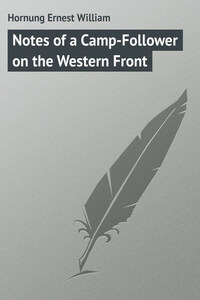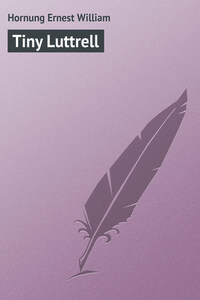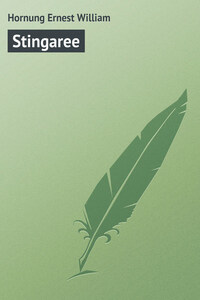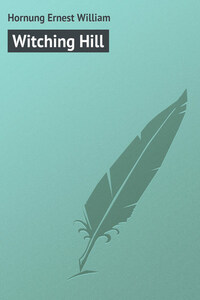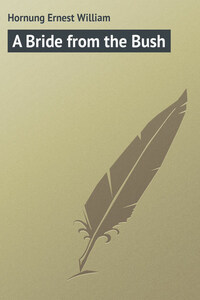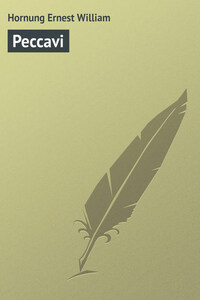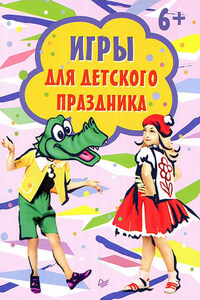'There's our hut!' said the young hut-leader, pointing through iron palings at a couple of toy Noah's Arks built large. 'No – that's the n>th Division's cinema. The Y.M.C.A. is the one beyond.'
The enclosure behind the palings had been a parade-ground in piping times; and British squads, from the pink French barracks outside the gates, still drilled there between banks of sterilised rubbish and lagoons of unmedicated mud. The place was to become familiar to me under many aspects. I have known it more than presentable in a clean suit of snow, and really picturesque with a sharp moon cocked upon some towering trees, as yet strangely intact. It was at its best, perhaps, as a nocturne pricked out by a swarm of electric torches, going and coming along the duck-boards in a grand chain of sparks and flashes. But its true colours were the wet browns and drabs of that first glimpse in the December dusk, with the Ark hull down in the mud, and the cinema a sister ship across her bows.
The hut-leader ushered me on board with the courtesy of a young commander inducting an elderly new mate; the difference was that I had all the ropes to learn, with the possible exception of one he had already shown me on our way from the local headquarters of the Y.M.C.A. The battered town was full of English soldiers, to whom indeed it owed its continued existence on the right side of the Line. In the gathering twilight, and the deeper shade of beetling ruins, most of them saluted either my leader's British warm, or my own voluminous trench-coat (with fleece lining), on the supposition of officers within. Left to myself, I should have done the wrong thing every time. It is expressly out of order for a camp-follower to give or take salutes. Yet what is he to do, when he gets a beauty from one whose boots he is unfit to black? My leader had been showing me, with a pleasant nod and a genial civilian gesture, easier to emulate than to acquire.
In the hut he left me to my own investigations while he was seeing to his lamps. The round stove in the centre showed a rosy chimney through the gloom, like a mast in a ship's saloon; and in the two half-lights the place looked scrupulously swept and garnished for our guests, a number of whom were already waiting outside for us to open. The trestle tables, with nothing on them but a dusky polish, might have been mathematically spaced, each with a pair of forms in perfect parallels, and nothing else but a piano and an under-sized billiard-table on all the tidy floor. The usual display of bunting, cheap but cheerful, hung as banners from the joists, a garish vista from platform to counter. Behind the counter were the shelves of shimmering goods, biscuits and candles in open cases on the floor, and as many exits as a scene in a farce. One door led into our room: an oblong cabin with camp beds for self and leader, tables covered with American cloth, dust, toilet requisites, more dust, candle-grease and tea-things, and a stove of its own in roseate blast like the one down the hut.
The crew of two orderlies lived along a little passage in their kitchen, and were now at their tea on packing-cases by the boiler fire. They were both like Esau hairy men, with very little of the soldier left about them. Their unlovely beds were the principal pieces of kitchen furniture. In the kitchen, too, for obscure reasons not for me to investigate, were the washing arrangements for all hands, and any face or neck that felt inclined. I had heard a whisper of Officers' Baths in the vicinity; it came to mind like the tinkle of a brook at these discoveries.
At 4.30 the unkempt couple staggered in with the first urn, and I took my post at the tap. One of them shuffled down the hut to open up; our young skipper stuck a carriage candle in its grease on the edge of the counter, over his till, saying he was as short of paraffin as of change; and into the half-lit gloom marched a horde of determined soldiers, and so upon the counter and my urn in double file. 'Tea, please, sir!' 'Two teas!' 'Coop o' tay, plase!' The accents were from every district I had ever known, and were those of every class, including the one that has no accent at all. They warmed the blood like a medley of patriotic airs, and I commenced potman as it were to martial music.
It was, perhaps, the least skilled labour to be had in France, but that evening it was none too light. Every single customer began with tea: the mugs flew through my hands as fast as I could fill them, until my end of the counter swam in livid pools, and the tilted urn was down to a gentle dribble. Now was the chance to look twice at the consumers of our innocuous blend. One had a sheaf of wound-stripes on his sleeve; another was fresh trench-mud from leathern jerkin (where my view of him began) to the crown of his shrapnel helmet; many wore the bonnets of a famous Scotch Division, all were in their habit as they fought; and there they were waiting for their tea, a long perspective of patient faces, like school-children at a treat. And here was I, fairly launched upon the career which a facetious density has summed up as 'pouring out tea and prayer in equal parts,' and prepared to continue with the first half of the programme till further orders: the other was less in my line – but I could have poured out a fairly fluent thanksgiving for the atmosphere of youth and bravery, and most infectious vitality, which already filled the hut.
